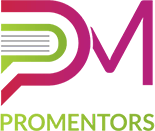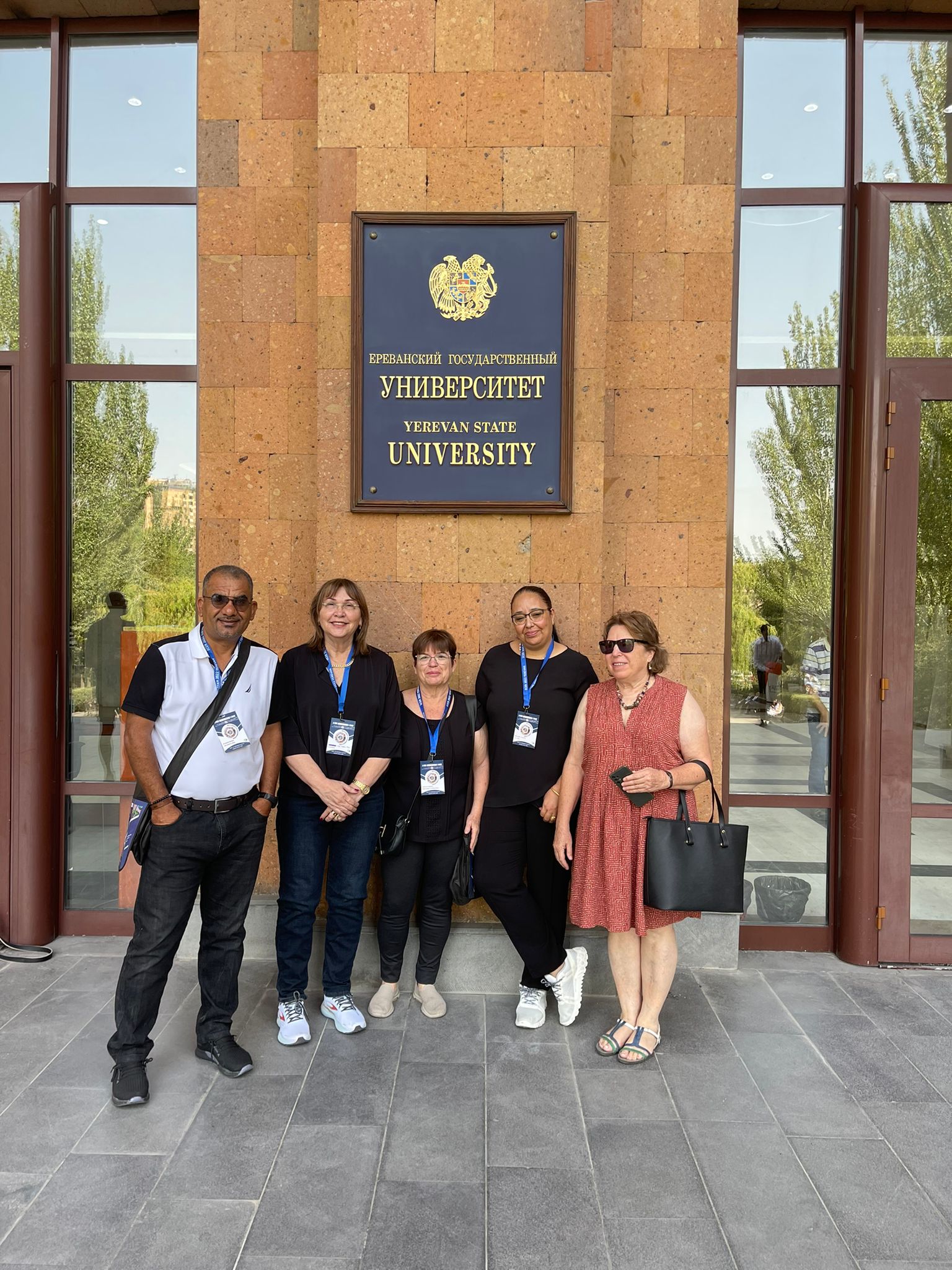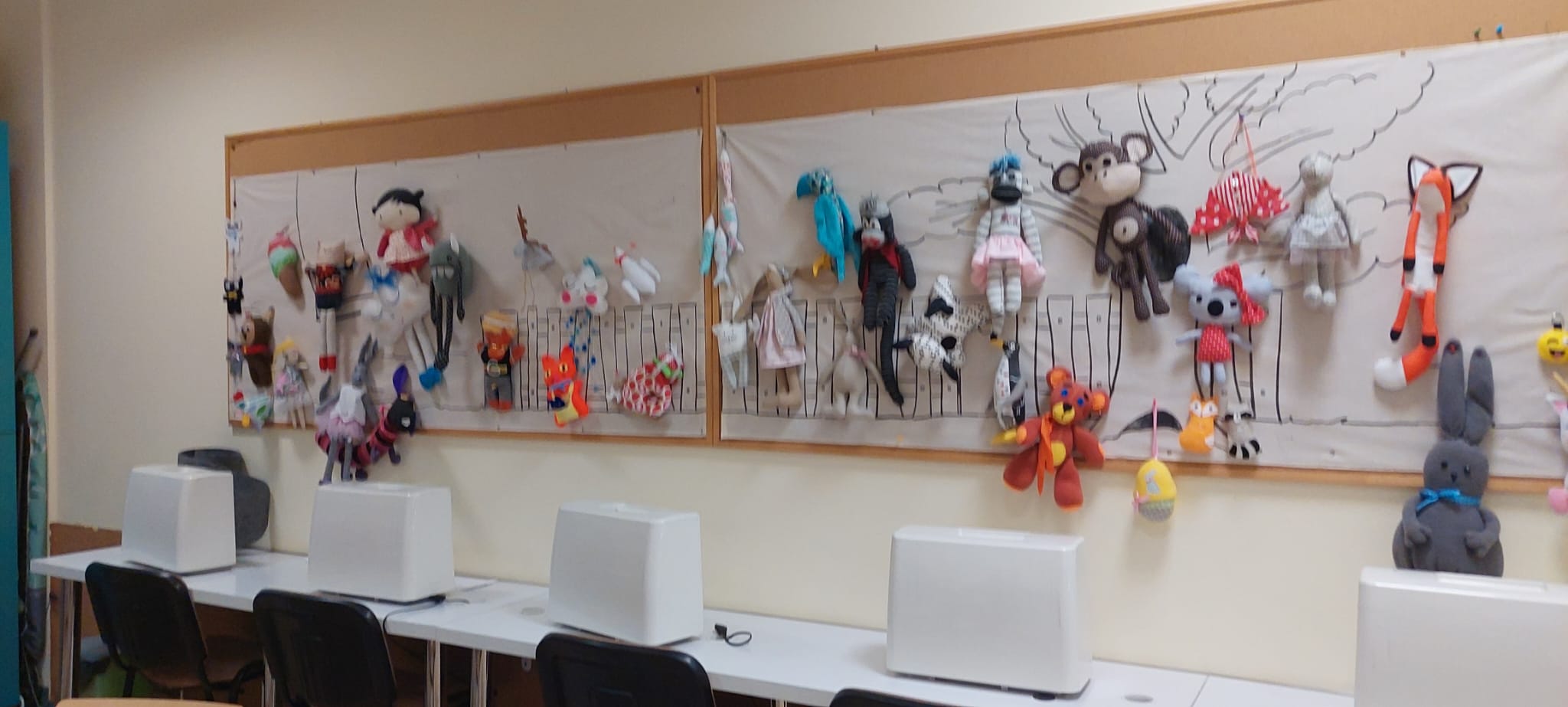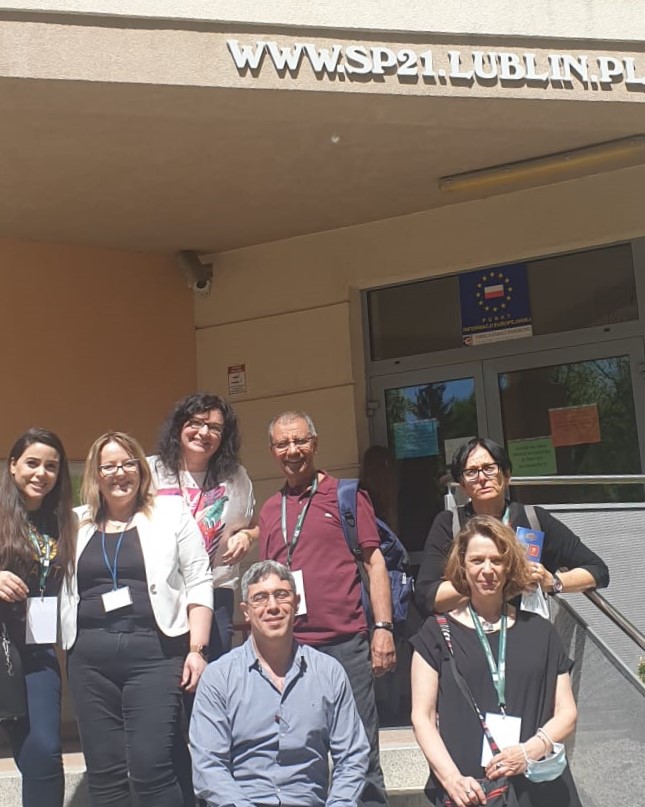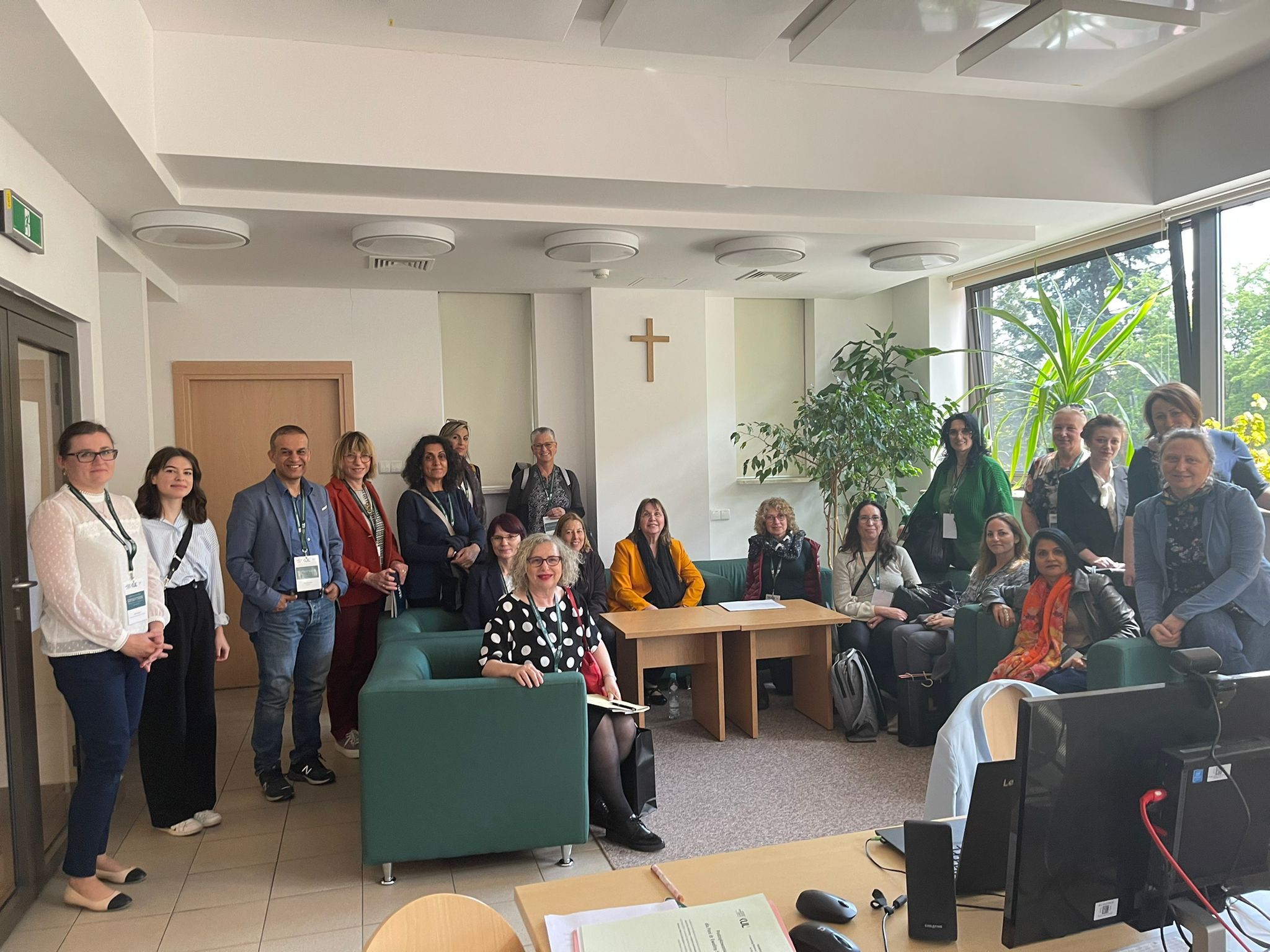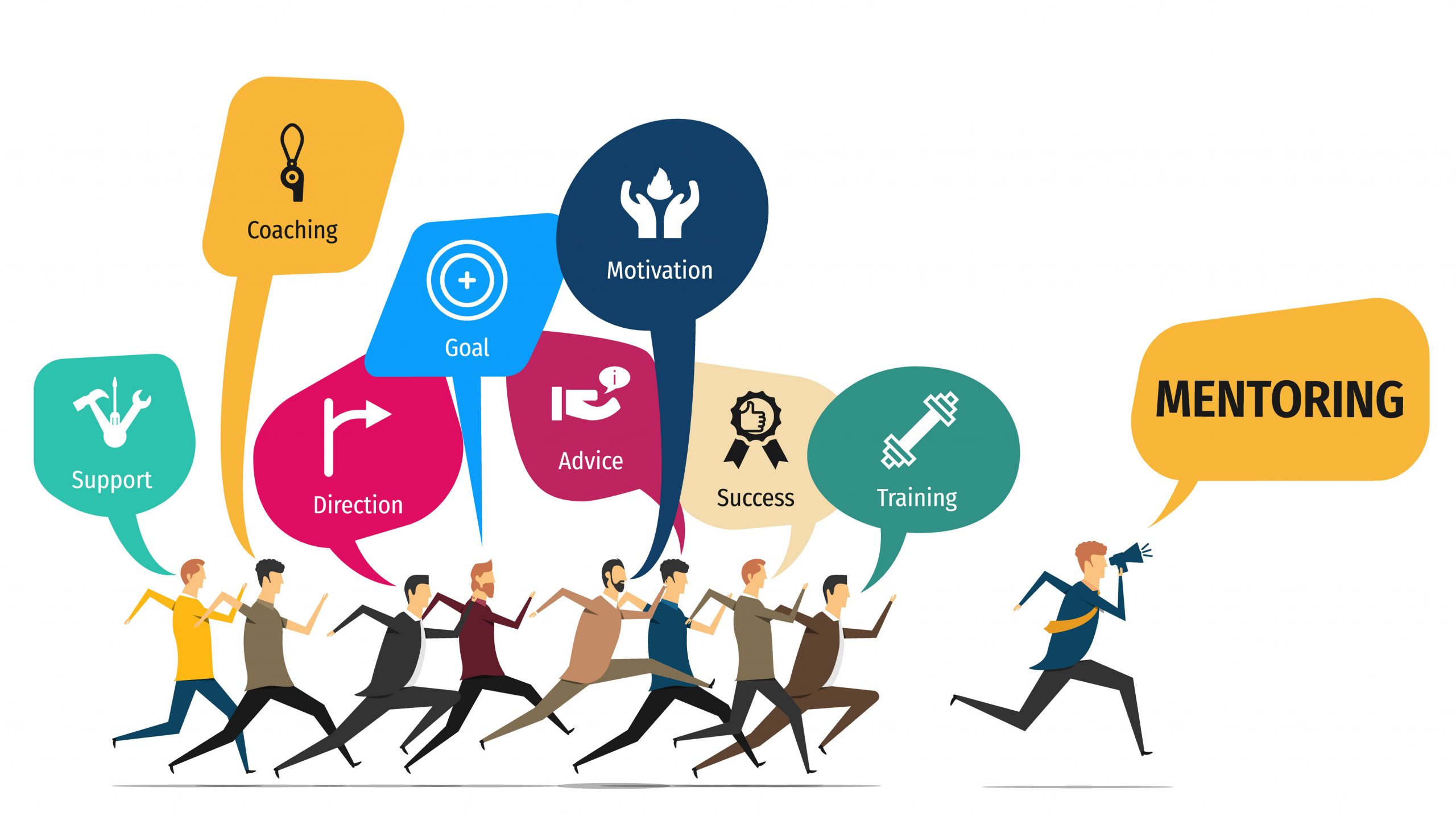Written by Dr. Bilha Bashan, Talpiot College of Education
Edited by Tslil Farchi & reviewed by Marsha Hachmon
I’d like to share with you a personal story: The Cheesecake Story. When I was studying for a BSc and teaching diploma in biology I met my partner. Even though I grew up as the little girl, who never learned how to cook (not even a simple omelet), I proudly told him that I’d be an excellent cook. And I truly believed so. I saw cooking as conducting a laboratory experiment: mix ingredients in order to produce the winning formula.
Soon after we got married, I decided to demonstrate my husband my skills as a scientist – by making a cheesecake. Yet as the old phrase: the higher the expectation – the greater the disappointment. The cake sank – meaning it did not bake properly. But as it’s well known – scientists do not give up! So on the following day I repeated the process. I double-checked the recipe’s ingredients and their quantities, but regrettably the cake sank once again.
After ensuring that I had performed all the steps correctly and used the right ingredients, I decided to check an additional factor – the oven. I was confident that I, a scientist, did not make a mistake. I decided to repeat the experiment for the third time, and went to my sister-in-law’s house, which is nearby. This time the cake came out perfectly. Hence my hypothesis, that perhaps it was the oven which caused the problem, was substantiated. Following a technician visit at my house, it turned out that one of the heating elements in my new oven was malfunctioning. I was unable to see it in my observations, since the oven actually did heat up.
To this day, I share this story which illustrates insights on the nature of scientific inquiries. The process I underwent with the cheesecakes reinforced my scientific approach: ask, observe, investigate, hypothesize, and learn about the world. It was with this approach that I later came to the teachers’ education college. Looking back today with a reflective view, I can tell you about this young, arrogant scientist who thought baking a cheesecake was simple. Back then, I didn’t know that baking a cheesecake depends on a large number of variables such as: type of oven, ingredients’ freshness, baking method, etc.
If I were to go through this experience today, I wouldn’t be so confident as to think that the solution to the problem is to repeat the exact experiment. Not without taking into consideration that perhaps my preparation method wasn’t good. I use the cheesecake as a metaphor to describe partnership models. Just as making a cheesecake involves innumerable combinations that can lead to either success or failure, thus is project’s partnerships. Without precise preparation and constantly tracking the most suitable conditions of baking, even using the best ingredients won’t lead to a successful pastry.
It’s also important to keep in mind that there is a vast range of cheesecakes. Each one of them has a different recipe, which makes it unique. We should accept the cheesecake we have chosen to make or eat. As mentioned above, the cheesecake story is a metaphor for partnerships. Every successful partnership entails positive communication between people. We should view partnership as an essential part of the foundation of the Promentors project’s success. Also, we must create structures, whereby people from different academic institutions are integrally involved in the partnership, alongside the partners from the Ministry of Education.
I can tell you that over the years I’ve learned to listen and understand the voices emerging from our partners. As I see it – the success of our Promentors projects depends on the connections and interactions formed between the participants. These interactions are a significant key for the collaboration between all of our partners. This is the delicate fabric that establish our partnership.
